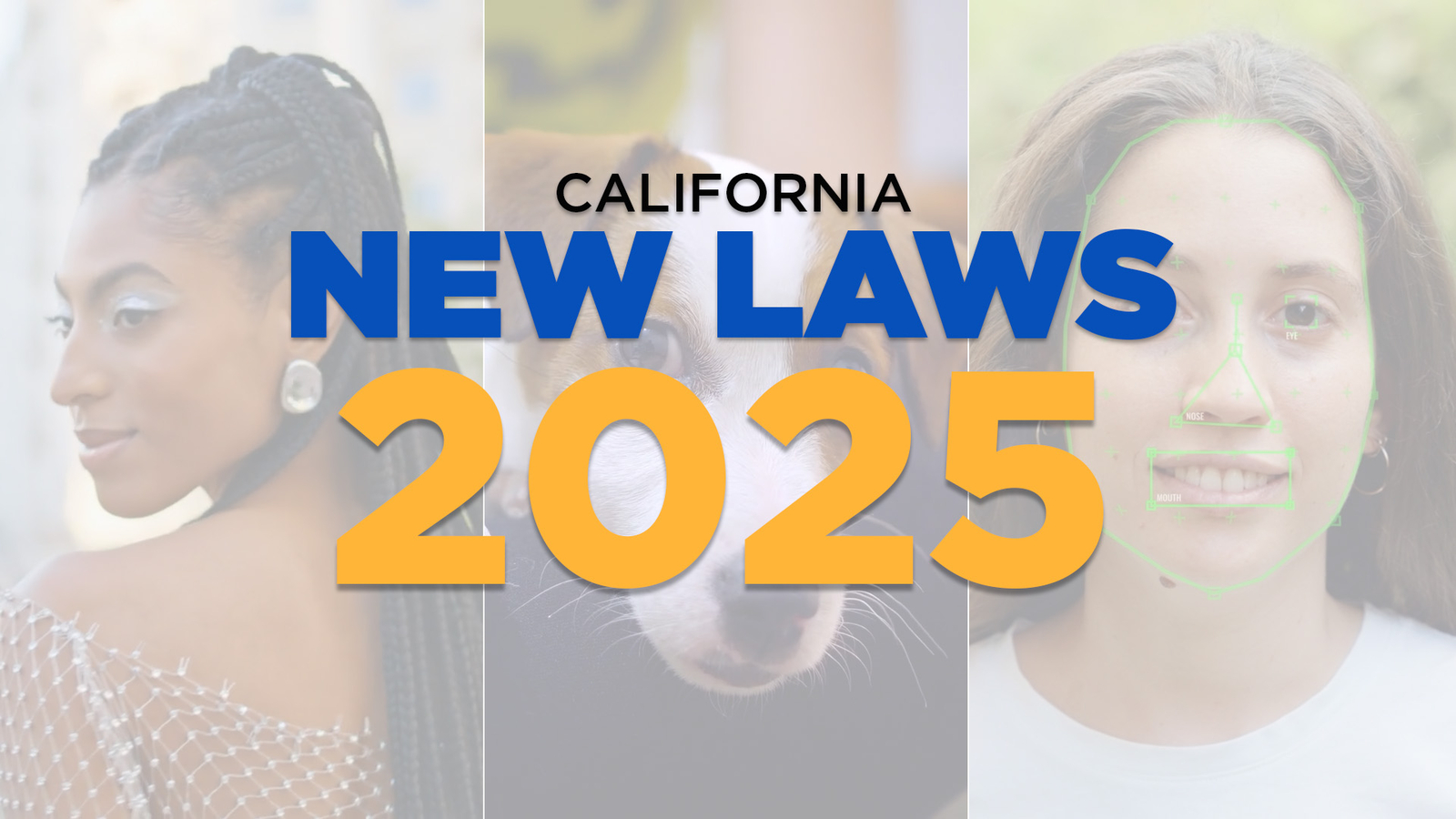As 2025 begins, California is implementing a series of new laws designed to address emerging technological challenges, enhance consumer protections, and ensure workplace fairness. Among these, significant legislation focuses on artificial intelligence (AI) regulations, labor rights, data privacy, and environmental policies. Here’s a closer look at the most impactful laws taking effect in the Golden State this year.

1. AI Accountability and Consumer Protection Act
With AI playing an increasingly prominent role in industries such as finance, healthcare, and law enforcement, California lawmakers have introduced the AI Accountability and Consumer Protection Act (AICPA). This law aims to establish stricter guidelines for AI systems that impact employment, credit scoring, and public services. Key provisions include:
- Transparency Requirements: Companies utilizing AI to make significant decisions about individuals must disclose how these decisions are made and provide explanations upon request.
- Bias Mitigation: Developers must conduct independent audits to identify and reduce biases in AI algorithms.
- Consumer Rights: Individuals have the right to contest AI-generated decisions that negatively impact their employment, financial opportunities, or access to essential services.
- Government Oversight: A newly established AI Ethics Commission will oversee compliance and penalize companies that fail to meet transparency and fairness standards.
2. Strengthening Data Privacy Protections
Building on the California Consumer Privacy Act (CCPA), new amendments in 2025 further enhance data protection rights for residents. These include:
- Right to Opt Out of AI Data Processing: Consumers can now opt out of having their personal data used for AI training purposes.
- Enhanced Data Portability: Businesses must provide clearer options for consumers to transfer their personal data across platforms.
- Stricter Penalties for Data Breaches: Companies failing to protect consumer data face increased fines and mandatory compensation for affected individuals.
3. Expanding Workers’ Rights and Fair Pay
California continues to be at the forefront of labor protections with several new laws designed to support workers:
- Freelance Worker Protections: The Freelance Fairness Act mandates written contracts for gig workers and ensures timely payments.
- Wage Transparency Laws: Employers must disclose salary ranges in job postings and provide pay scale information to current employees upon request.
- Workplace AI Regulations: AI used for hiring and employee monitoring must comply with privacy standards and undergo regular bias assessments to prevent discrimination.
4. Stricter Environmental and Climate Laws
To further its climate action goals, California is introducing:
- Extended Producer Responsibility (EPR) Law: Companies producing plastic packaging must ensure recyclability and reduce waste.
- Carbon Emission Caps for Large Corporations: Businesses emitting over a set threshold must implement sustainable practices or face financial penalties.
- New Water Conservation Measures: Stricter usage regulations for industries and incentives for residential water-saving initiatives.
5. Housing and Tenant Rights Enhancements
- Rent Control Expansion: New regulations limit rent increases and provide additional protections against evictions.
- Tenant Screening Fairness Act: AI-based rental application assessments must be transparent, and applicants have the right to dispute automated decisions.
Conclusion
As California leads the way in regulating AI, strengthening worker protections, and advancing environmental sustainability, these new laws reflect the state’s commitment to a more equitable and responsible future. Residents and businesses alike must stay informed to ensure compliance and take advantage of new rights and opportunities. As 2025 unfolds, California’s legislative landscape will continue shaping national conversations on technology, labor, and climate policy.
Disclaimer – Our editorial team has thoroughly fact-checked this article to ensure its accuracy and eliminate any potential misinformation. We are dedicated to upholding the highest standards of integrity in our content.

